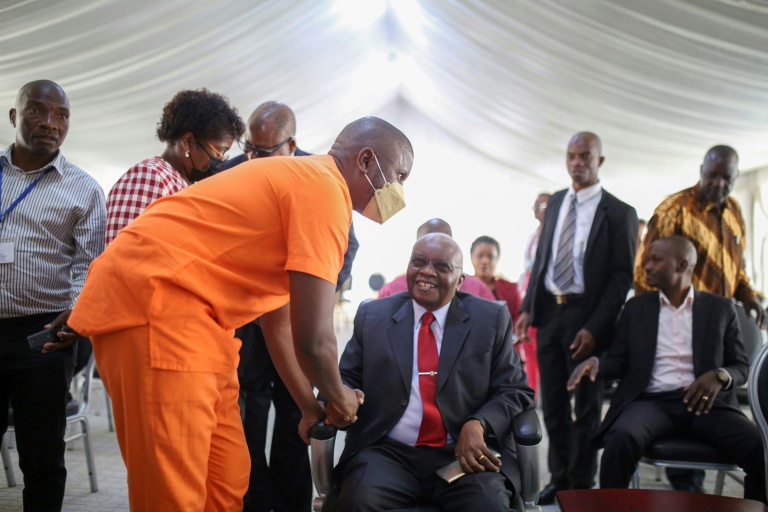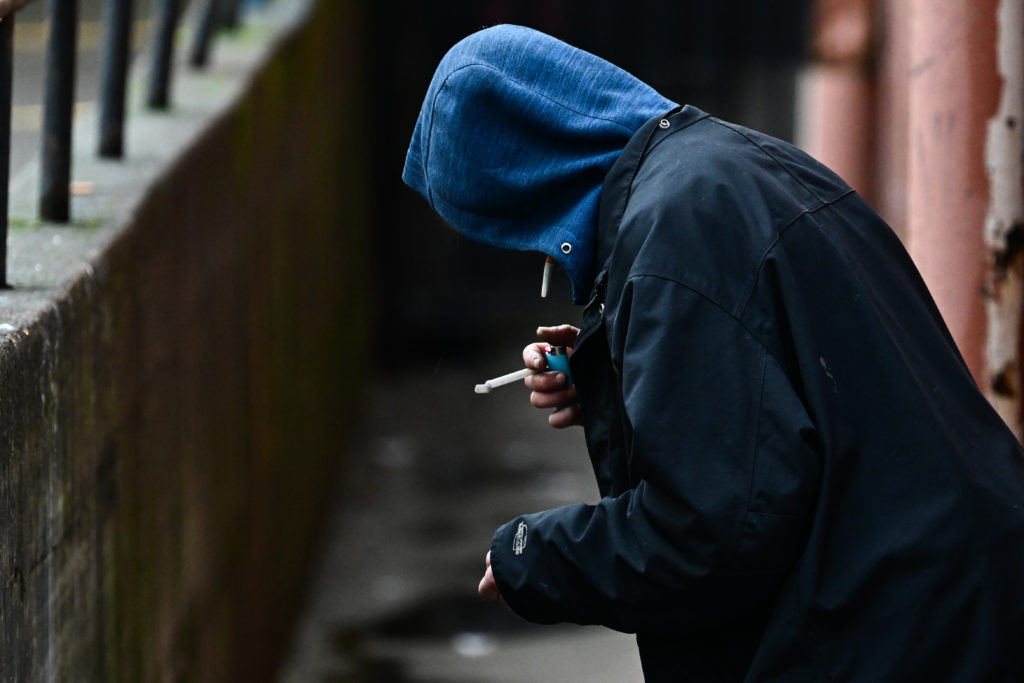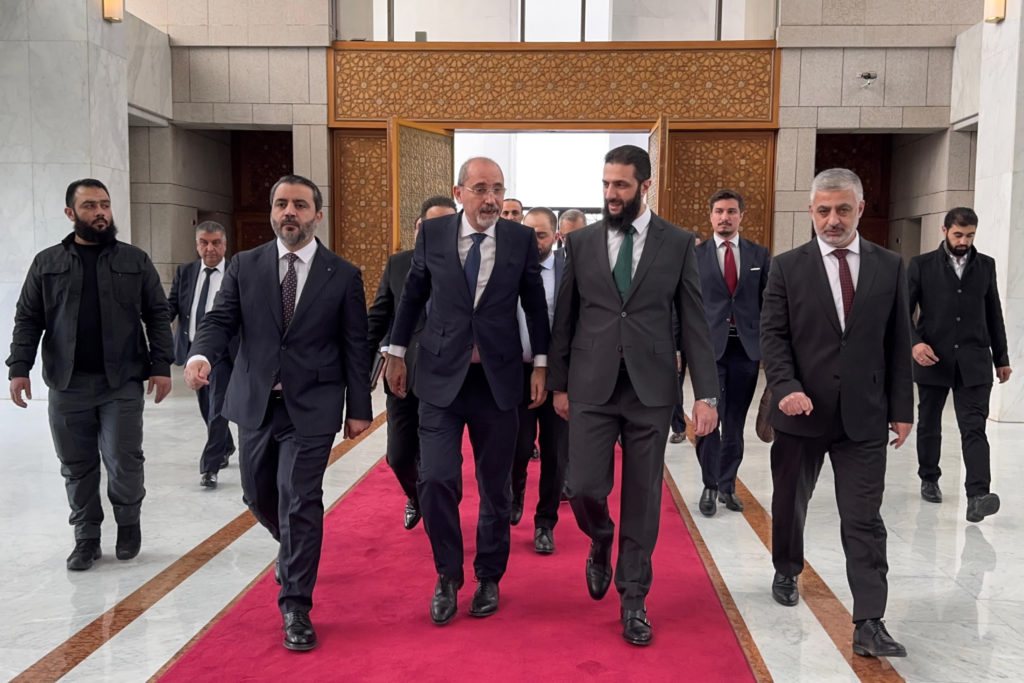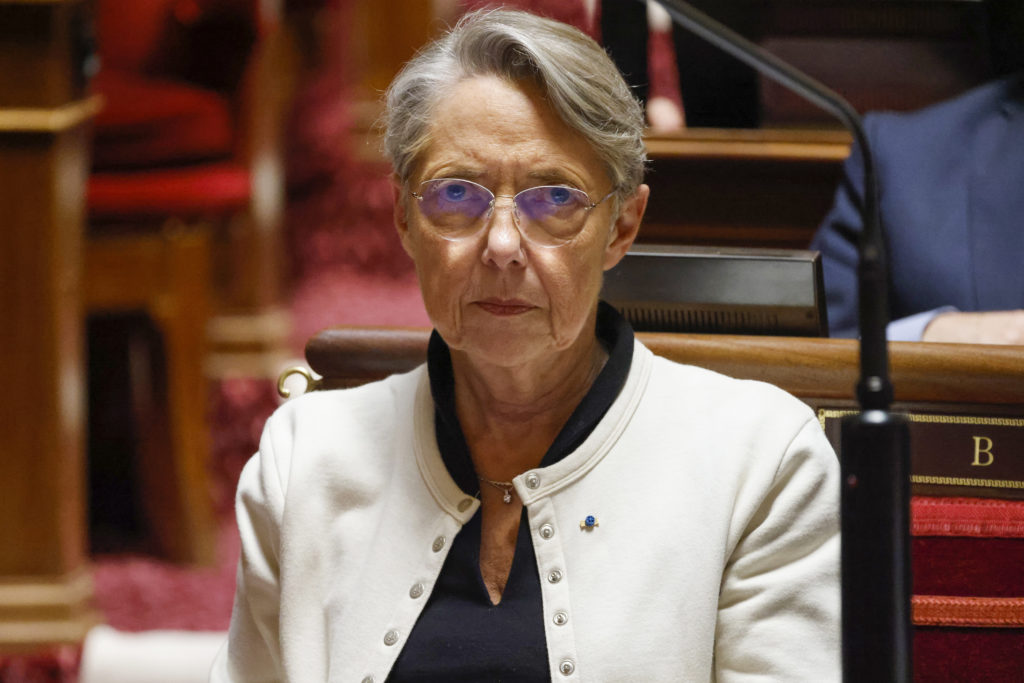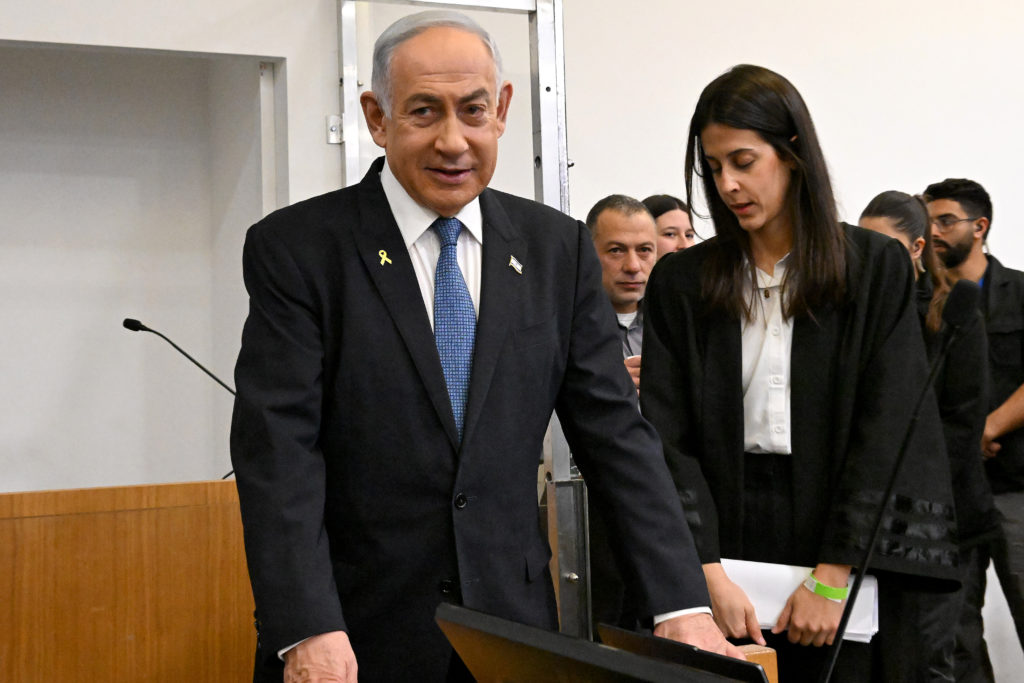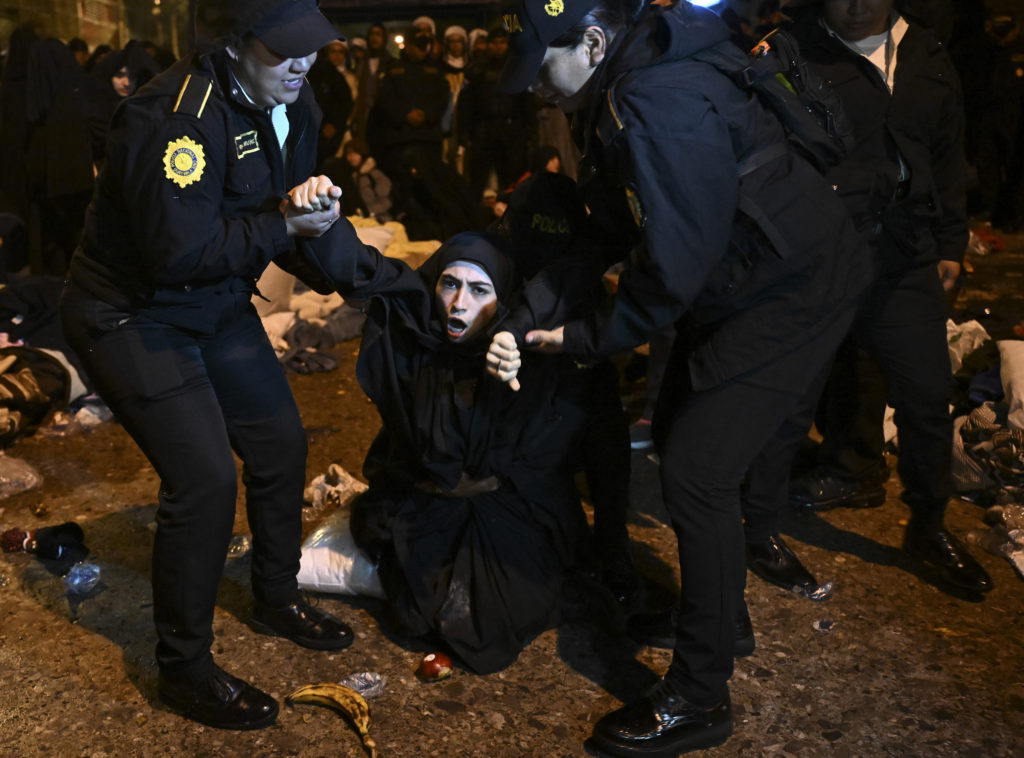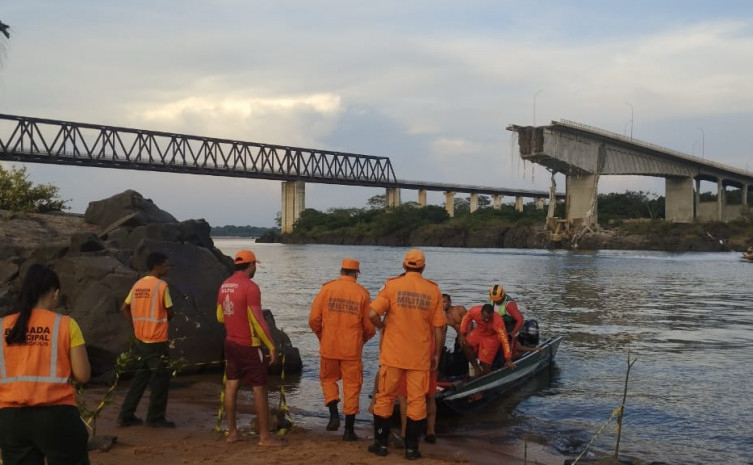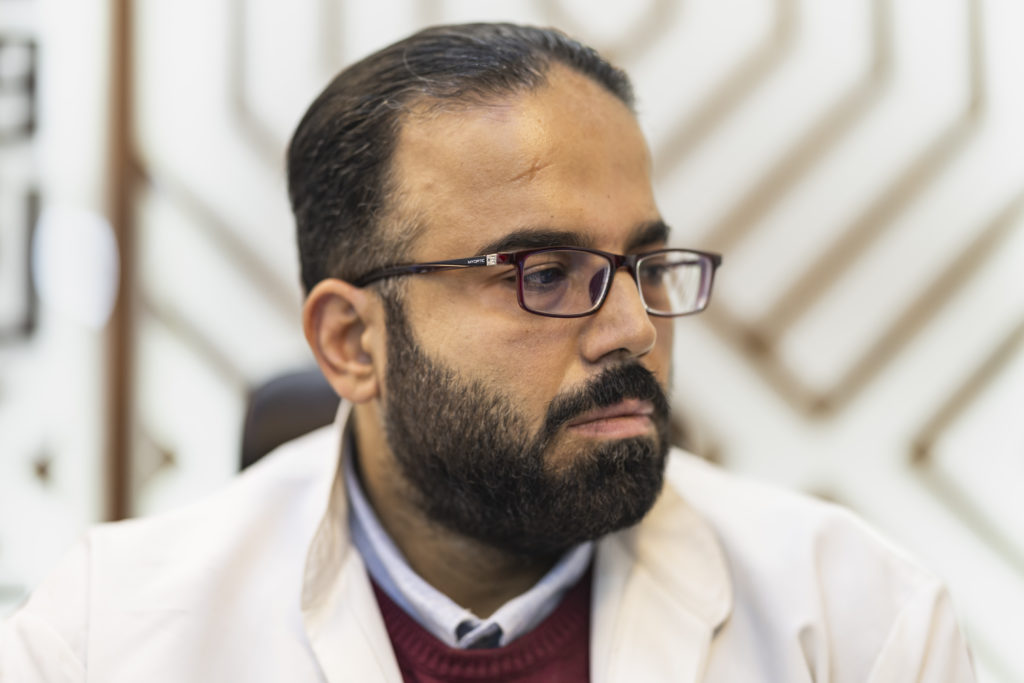Former president Armando Guebuza, seated, greets his son Ndambi, a defendant in the corruption trial
A court Wednesday begun handing down verdicts in Mozambique’s biggest corruption scandal, in which the government unleashed a financial earthquake by trying to conceal huge debts.
Judge Efigenio Baptista started reading out the verdicts for the 19 high-profile defendants, who include the son of a former president. The session is expected to last five days.
The scandal arose after state-owned companies in the impoverished country illicitly borrowed $2 billion (1.9 billion euros) in 2013 and 2014 from international banks to buy a tuna-fishing fleet and surveillance vessels.
The government masked the loans from parliament and the public.
When the “hidden debt” finally surfaced in 2016, donors including as the International Monetary Fund (IMF) cut off financial support, triggering a sovereign debt default and currency collapse.
An independent audit found $500 million of the loans had been diverted. The money remains unaccounted for.
Former finance minister Manuel Chang — who signed off the loans — has been held in South Africa since 2018, pending extradition to the US for allegedly using the US financial system to carry out the fraudulent scheme.
Former president Armando Guebuza, who was in office when the loans were contracted, testified at the trial.
He was not been charged himself, but his eldest son Ndambi was in the dock along with 18 other defendants.
Appearing relaxed, the ex-president attended Wednesday’s proceedings and his son, dressed in orange prison garb and a face mask, walked up to him to greet him. They shook hands and the father smiled.
Judge Baptista listed some of the assets acquired by Guebuza’s son using the $33-million bribe he allegedly received.
They included luxury cars and a 10-million rand ($590,000) mansion in neighbouring South Africa.
Around a hundred people sat in the special courtroom, set up in a white marquee on the grounds of at a high-security jail in the capital Maputo to accomodate the large number of defendants, their lawyers and other parties.
Local civil society organisations and anti-corruption activists are calling for tough sentences.
“The conviction must be strong enough so that it is not annulled or significantly reduced in a second instance court,” said Borges Nhamirre, a researcher at the anti-corruption non-profit watchdog Public Integrity Center.
But Adriano Nuvunga, head of a rights group called the Centre for Democracy and Development, predicted the sentences would be “politically rigged.”
The 19 face charges that include blackmail, counterfeiting, embezzlement and money laundering.
The trial started in August last year and ran until March. It was broadcast live on local TV and radio stations.
In March the IMF awarded $456 million in credit to Mozambique, the first such aid awarded since the debt scandal erupted.
The funds are to help support economic recovery and policies to reduce public debt, according to the IMF.

